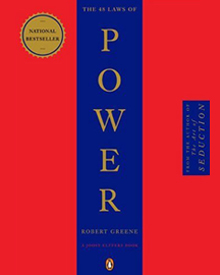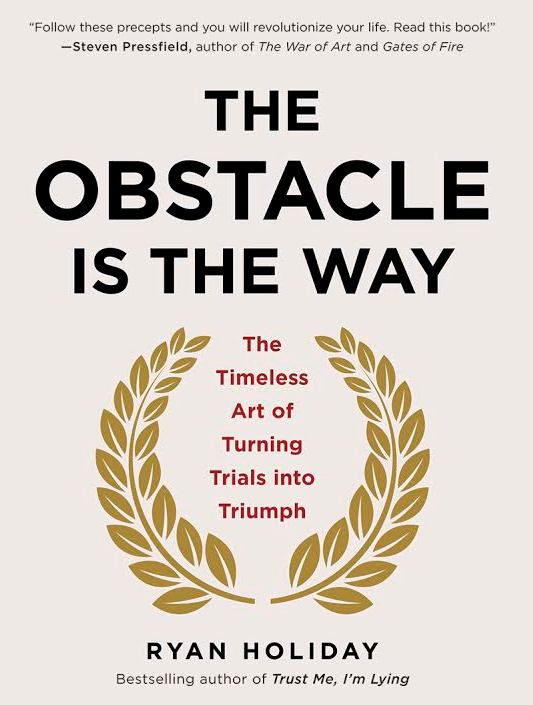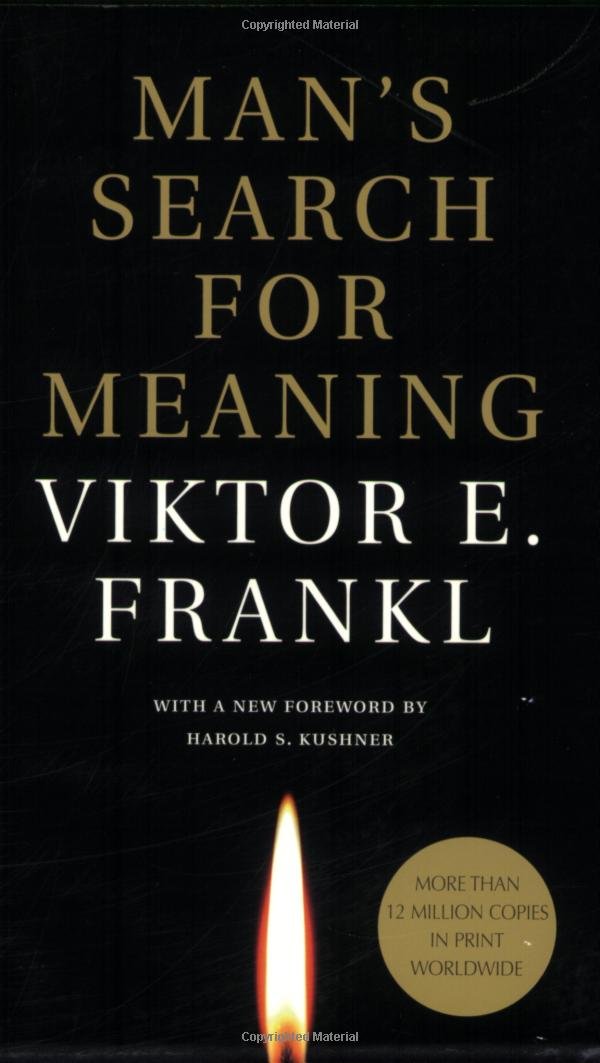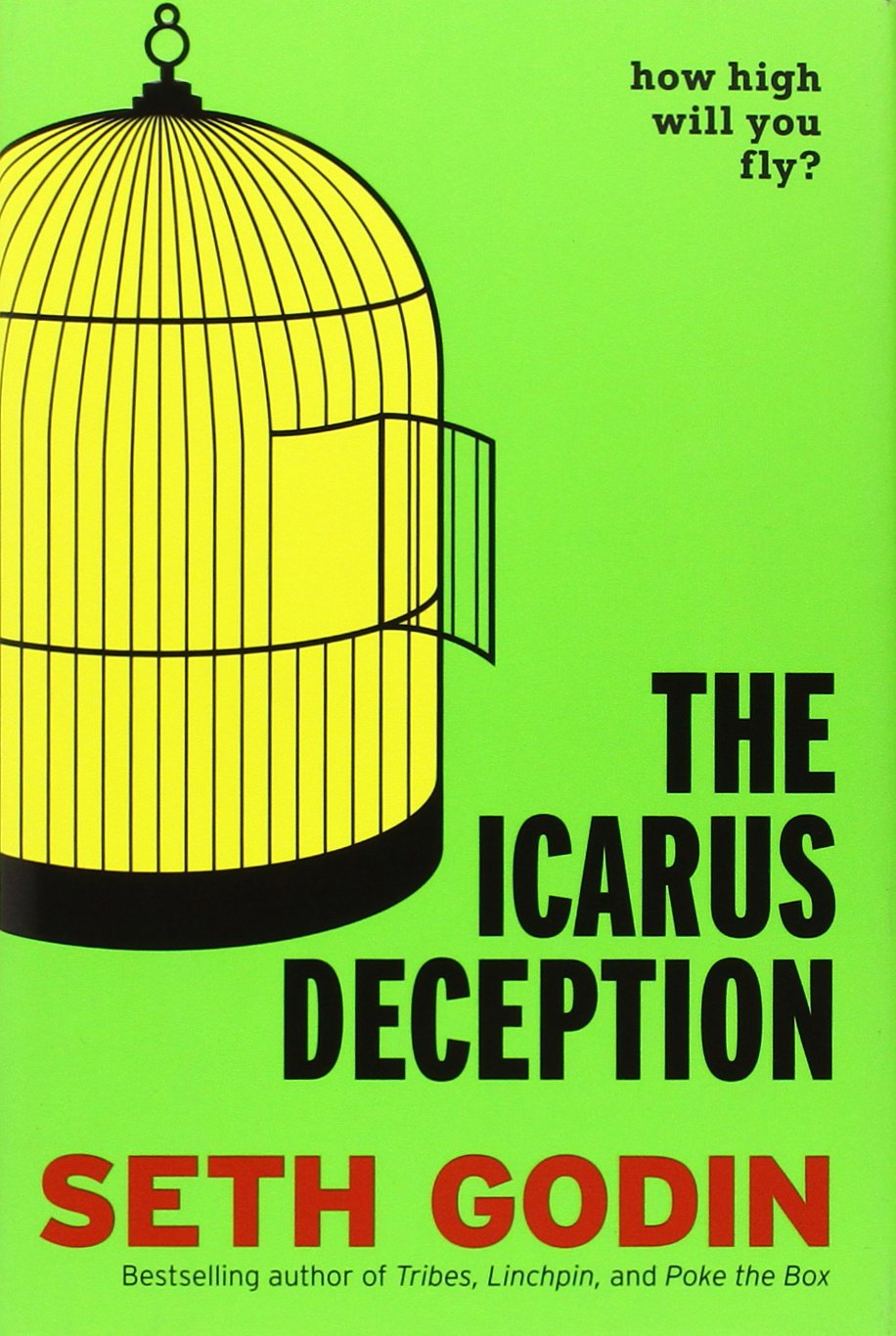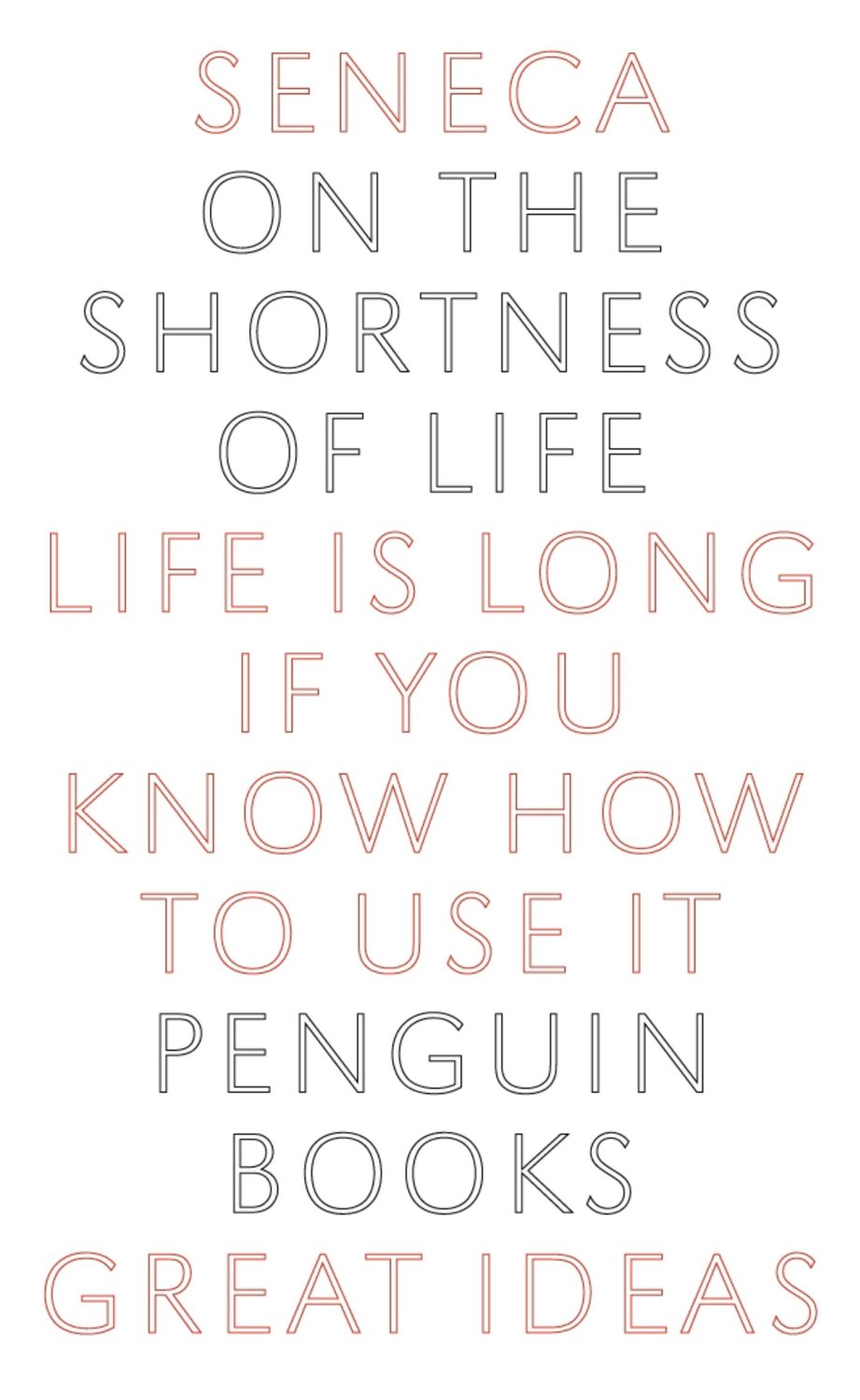In November of 2015, Saturday Night Live ran a skit about a fictional TV game show called Should You Chime In On This? The show’s host, Keenan Thompson, made statements about a series of hot-button topics including Syrian immigration, public breast feeding, girls playing football, and Hillary Clinton. He then asked three three dim-witted contestants whether they should chime in on these issues. All the contestants needed to do in order to win the million-dollar prize was simply answer “no” when asked if they should chime in. But of course, these microcosms of our actual society couldn’t help but interject their opinions when given even the slightest window to talk.
Aside from laughing at the contestants’ foolishness, I couldn’t help but wonder when I have acted the same way. How many times have I annoyed people by slipping in my two cents at the cost of disrupting a conversation? Do I talk just to hear myself talk even if I shouldn’t or don’t need to?
It was a wakeup call for me, and a much needed one for a college student. College is a place that begs you to talk, march, tweet, and protest – it turns into a real-life version of Should You Chime In On This. It’s as if you’re obligated to fill a void with your chatter and opinions, even if it accomplishes nothing. But I like the void. It’s cool. In fact, I purposely seek out places devoid of chatter and competing voices. One of those places is the gym, but unfortunately I now have to cross this off my already shrinking list of opinion-free zones.
The culprit was a middle-aged man who looked like the type of guy your dad was embarrassed to say he was friends with in high school. He wasn’t hesitant to pull the trigger on a conversation about how much he loved the equipment at the gym. Deciding not to be rude, I engaged with him (under the assumption that I’d slip away in a few seconds). I don’t quite remember how, but he was able to maneuver our small talk into a political rant, rattling off a list of reasons why I should vote for Donald Trump in the presidential election. Normally, I would say anyone who can make a smooth transition from dumbbells to politics was a master wordsmith. But I quickly realized he was the epitome of what I had been trying to prevent myself from becoming over the past months.
“I don’t know what’s wrong with your generation,” he said. “All this entitled stuff.”
The only thing keeping my mouth shut was remembering Keenan Thompson’s disappointed face when those contestants failed to keep their thoughts to themselves. After several minutes of nodding and attempting to escape, the conversation took a turn for the worse. He felt the need to inform me that he was divorced and that his daughter’s college tuition would be $30,000 per year. Shortly after, he happily announced that he was only legally obliged to pay $12,000, leaving his ex-wife and daughter to cover the other $18 grand. Our conversation eventually dissipated, and my lecturer climbed into his Mercedes-Benz (which was presumably worth two years of his daughter’s tuition).
Congrats, man. Now I know that you have a distorted view of our political landscape and you’re selfish.
As much as I wanted to be angry at the man, I felt sorry for him. How lonely must your life be that you’re so prepared to unleash such an onslaught of your thoughts on an unsuspecting twenty-year-old? What kind of repressed anger and resentment could cause such a desperate and irrational desire to be heard? Regardless of the answer to those questions, I had a clear illustration of what I didn’t want my life to resemble.
In 2014 I read Robert Greene’s fourth law in his book The 48 Laws of Power: “Always say less than necessary,” but I didn’t internalize it until that day at the gym. We desperately want to release the tension and excitement that’s pent up in our minds about some concept or issue. But the problem is that chatter (especially with strangers) is the wrong outlet for this. Oversharing reveals the weaknesses in our psyche before we’ve had a chance to work on them, and we come off as foolish unbeknownst to ourselves.
Excessive talking gives reassurance to the insecure. It’s abundant and free. But we neglect the cost we pay by losing productivity, and worse, wasting other people’s time. What’s scarce, however, is the ability to deliberately remove oneself from the discussion – to listen, observe, and avoid embarrassment.
What would Keenan Thompson think? Are you saying something because it needs to be said, or do you just want to be part of the conversation?
I’ll cut my writing off here before I say more than necessary.
Dominic Vaiana studies writing and media strategy at Xavier University. He founded a campus newspaper and later went on to advise, ghostwrite, and edit for colleagues and startups. His biweekly newsletter with his personal articles, essays, interviews, and book recommendations, can be found here. For any questions or comments, email dominicvaiana@gmail.com.
